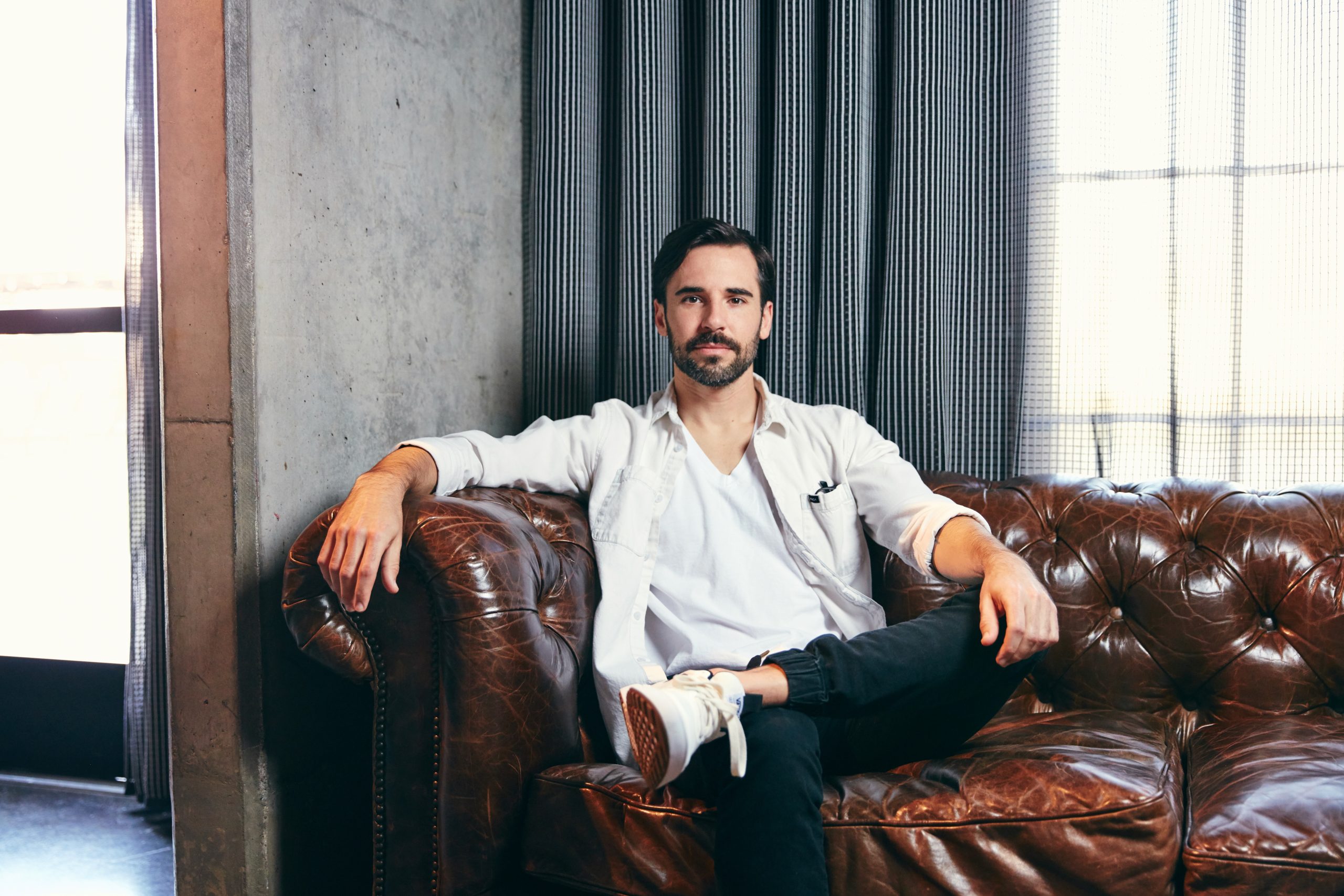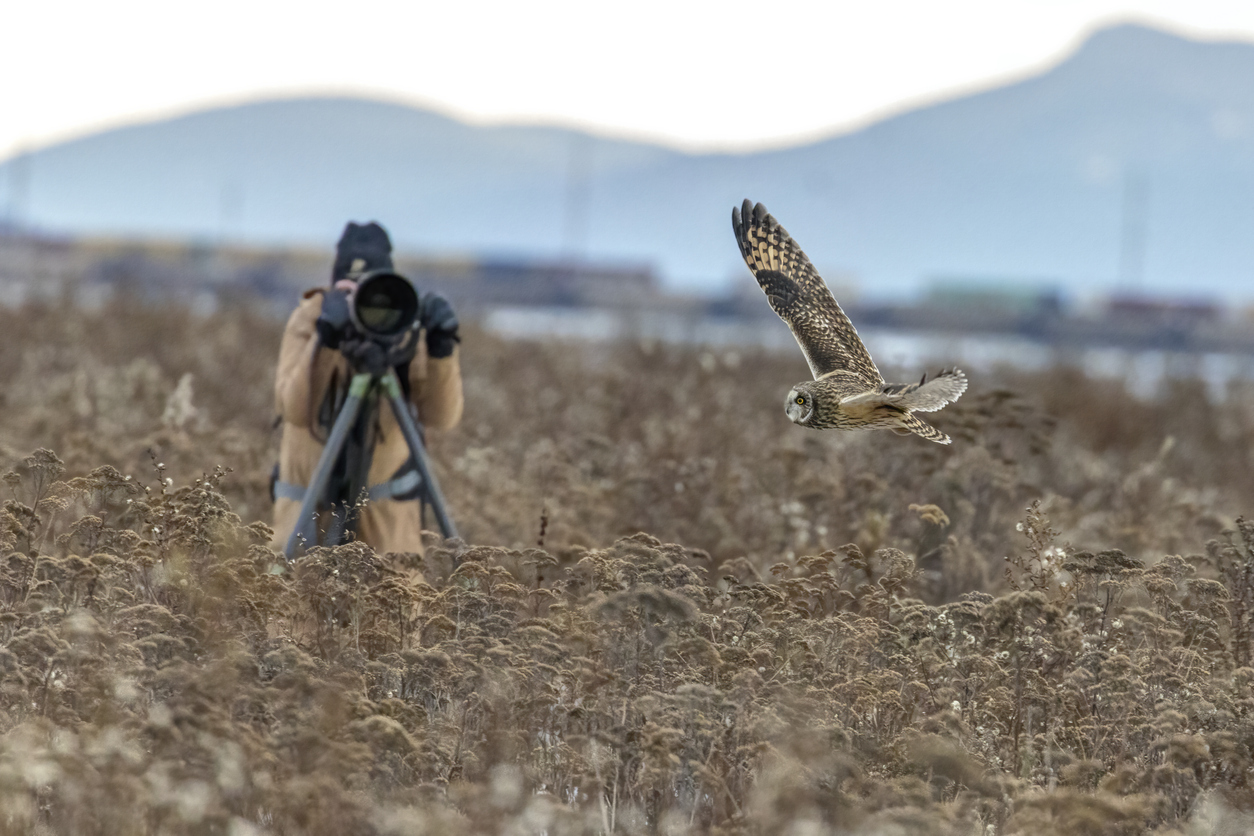
My advice? Find your allies.
This year I turned 39. Since my birthday I’ve been in a very reflective headspace—not necessarily because of the looming milestone of the big 4-0, but because the years went by so smoothly. The 22-year-old me, freshly graduated from Monmouth College, could not have envisioned his future.
You see I was born gay and once I fully understood what that meant, I leaned into it and found happiness and peace with who I am. Well, sort of. At the same time I understood people, and their opinions, are complicated matters. So, when it came to getting a real job, I was anxious. I didn’t want being gay to influence my professional opportunities. So I sanded the edges of my personality, molding myself into what I thought would ensure my success in the real world. I also leaned on charm. I nodded, smiled, and fake-laughed my way through awkward interpersonal interactions—even the most mundane like buying a used car or volunteering at a soup kitchen. Doing so made life easier and safer.
However—and let me be clear—I wasn’t embarrassed by my sexual orientation. I was aware, though, that it could be a blight on my resume. From what I had gleaned from life so far, being gay was viewed negatively by a majority of society. But I had bills to pay so I pressed on with my baggage in tow.
My first post-college job interview still haunts me to this day. I talked a big game, but my insecurities were insatiable. Would future employers sense my gayness because of the way my voice sounds? Would that affect my eligibility? Would future co-workers notice my mannerisms, my interests, or even the way I wore my clothes or hair? If so, would any of that affect our ability to work together?
“Don’t let them see you sweat,” I told myself.
The job was data entry at a law firm in the Quad Cities area. The gig didn’t offer much glamour or pay, but as an English major I felt it was an adequate entryway to the world of business writing. The interview was with a man who reminded me of Richard Dawson, sans the sense of humor. I don’t know whether my tailored suit or oversized smile turned him off, or if he naturally had a frowny disposition, but I sensed a downward spiral approaching.
From the jump I felt an air of condescension from “Richard.” He looked at me with a cocked head and sour face as I spoke about myself and the value I could offer his firm. I told him I was a hard worker and performed well under pressure, even adding that most people seemed to like me so I’m sure he would, too. None of that broke through—I got zero smiles, not a word of praise, nor any other courteous acknowledgement. He folded my resume in half and said his assistant would follow up with me. I was dismissed without even a handshake.
His cold indifference really did a number on my already shaky sense of self. I returned to my car feeling like I failed. I decided to go to the nearby mall for some retail therapy. As I strolled along the windows, stopping every now again to take pity on my reflection, a young woman approached with a beaming smile. She introduced herself and asked if she could talk to me for a second. Being the people-pleaser I am, I obliged. We walked the mall together as she told me a bit about herself. She was a regional manager for the clothing retailer Abercrombie & Fitch. She asked me where I grew up, whether I had any notable hobbies, and what I saw for myself in the future. After a bit of back and forth, she encouraged me to apply for an assistant manager role at Abercrombie. I was taken aback. The Abercrombie brand was all about confidence and being cool, neither of which I felt I embodied. But I quickly said yes. I remember feeling so flattered and encouraged by the offer—to say the least, it was a stark contrast to the interview.
Dena hired me for the role and she became an invaluable mentor. Her compassion, empathy and resilient work ethic inspired me to exclusively seek roles under female leadership. Women, I learned, were often excellent role models and fierce allies. They helped me realize my gayness wasn’t a weakness; it was a strength and integral part of what makes me me. So, for the rest of my career and to this very day, I’ve worked for fantastic female leaders like Dena, Amanda, Diane, Susan, Karen, Stacy, Mary, and Trish… I’ve had the pleasure of working with the latter two ladies for the past ten years here at Emerson Human Capital.
So, as I approach forty and as we enter 2021’s Pride month, I want to say thank you to my allies. I owe a large part of my past and present to you, and I’ll take everything you taught me into the future. And for anyone reading this post, I hope I’ve helped you realize who your allies are, and to always be proud of whatever it is that makes you you.




